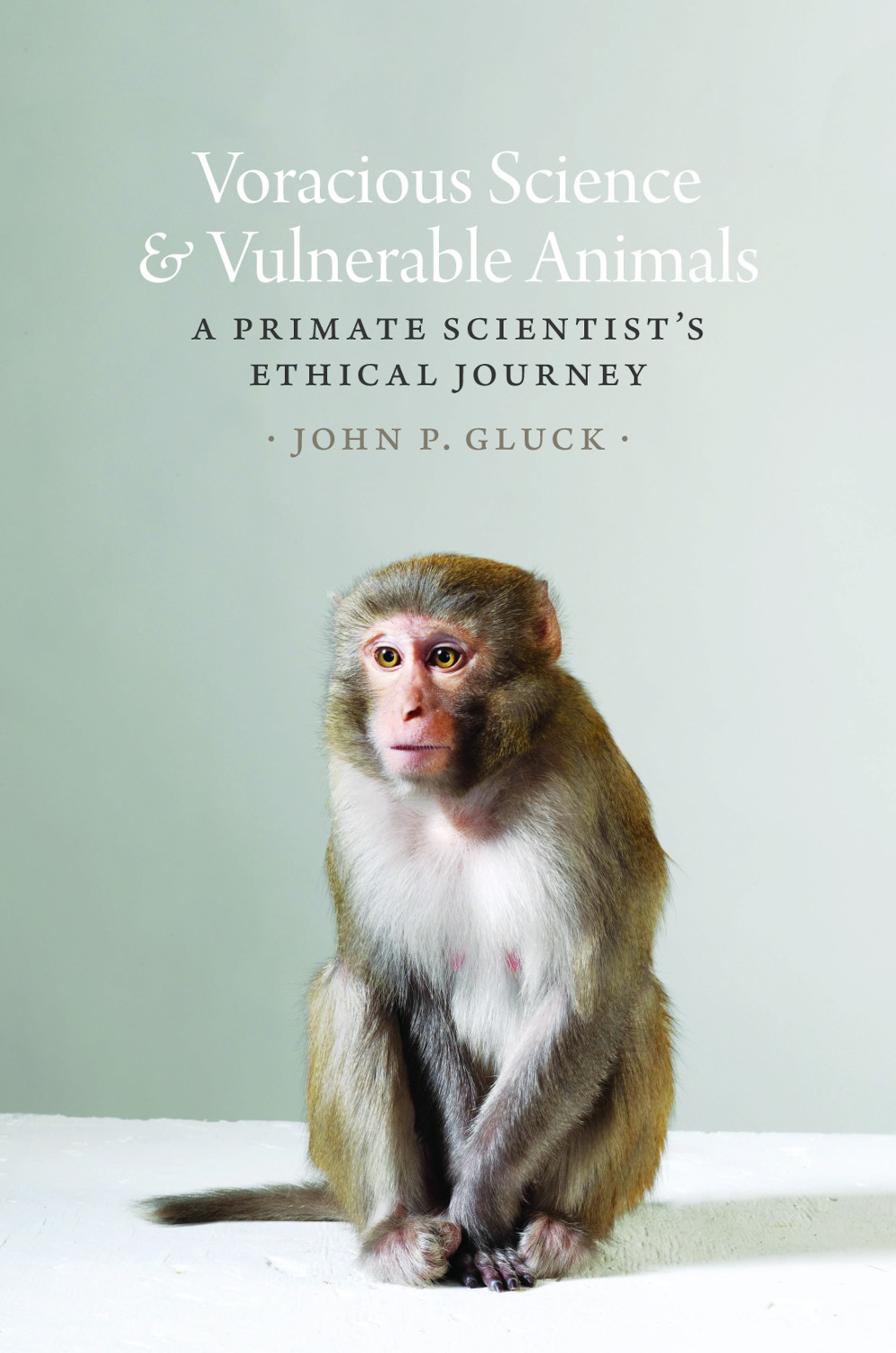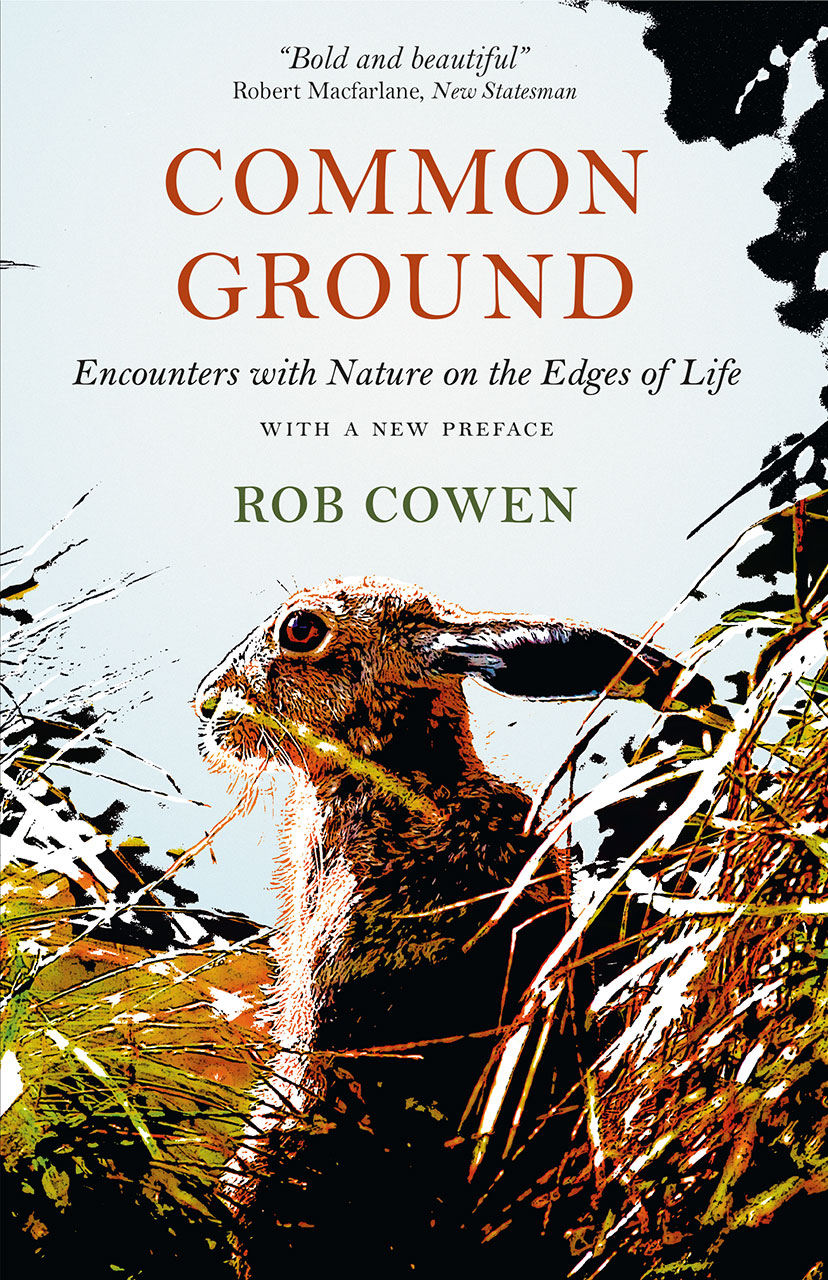Meadows, Woods, Hedges And Fields
Outdoorsman Scott Shalaway includes three nature books from the University of Chicago Press in his holiday reading gift guide. Let’s take a look.
Shalaway:
“Voracious Science & Vulnerable Animals: A Primate Scientist’s Ethical Journey by John Gluck (2016, University of Chicago Press, $17.50) traces the evolution of one researcher’s path from research scientist to ethicist. If you’ve ever had concerns about how captive primates are used in psychological research, you’ll find this a compelling read. Many primates can live for decades, and their care extends far beyond their utility as research subjects.”

From the publisher:
“The National Institute of Health recently announced its plan to retire the fifty remaining chimpanzees held in national research facilities and place them in sanctuaries.
“This significant decision comes after a lengthy process of examination and debate about the ethics of animal research.
“For decades, proponents of such research have argued that the discoveries and benefits for humans far outweigh the costs of the traumatic effects on the animals; but today, even the researchers themselves have come to question the practice.
“John P. Gluck has been one of the scientists at the forefront of the movement to end research on primates, and in Voracious Science and Vulnerable Animals he tells a vivid, heart-rending, personal story of how he became a vocal activist for animal protection.”
*
Shalaway:
“Common Ground: Encounters with Nature at the Edges of Life by Rob Owen (2016, University of Chicago Press, $29) makes the point that it’s not necessary to go somewhere exotic to find nature. After living 10 years in London, Owen moved to northern England and became fascinated with a square mile of “waste ground” at the edge of town. His story proves that curious eyes and an inquiring mind can turn the ordinary into the extraordinary.”

From the publisher:
“All too often, we think of nature as something distinct from ourselves, something to go and see, a place that’s separate from the ordinary modern world in which we live and work. But if we take the time to look, we soon find that’s not how nature works. Even in our parceled-out, paved-over urban environs, nature is all around us; it is in us. It is us.
“That’s what Rob Cowen discovered after moving to a new home in northern England. After ten years in London he was suddenly adrift, searching for a sense of connection. He found himself drawn to a square-mile patch of waste ground at the edge of town.
“Scrappy, weed-filled, this heart-shaped tangle of land was the very definition of overlooked – a thoroughly in-between place that capitalism no longer had any use for, leaving nature to take its course.
“Wandering its meadows, woods, hedges, and fields, Cowen found it was also a magical, mysterious place, haunted and haunting, abandoned but wildly alive – and he fell in fascinated love.”
*
Shalaway:
“Why Birds Matter: Avian Ecological Function and Ecosystem Services by multiple authors (2016, University of Chicago Press, $45) is an impressive collection of papers that explains how birds fit into our world.
“It examines birds’ roles in pollination, seed dispersal, nutrient cycling, how birds engineer their habitats and their economic value. As the subtitle suggests, this book is geared toward academic and professional readers, but any serious student of birds will appreciate Why Birds Matter.”

From the publisher:
“For over one hundred years, ornithologists and amateur birders have jointly campaigned for the conservation of bird species, documenting not only birds’ beauty and extraordinary diversity, but also their importance to ecosystems worldwide.
“But while these avian enthusiasts have noted that birds eat fruit, carrion, and pests; spread seed and fertilizer; and pollinate plants, among other services, they have rarely asked what birds are worth in economic terms.
“In Why Birds Matter, an international collection of ornithologists, botanists, ecologists, conservation biologists, and environmental economists seeks to quantify avian ecosystem services – the myriad benefits that birds provide to humans.”
–
Comments welcome.
Posted on November 5, 2016


